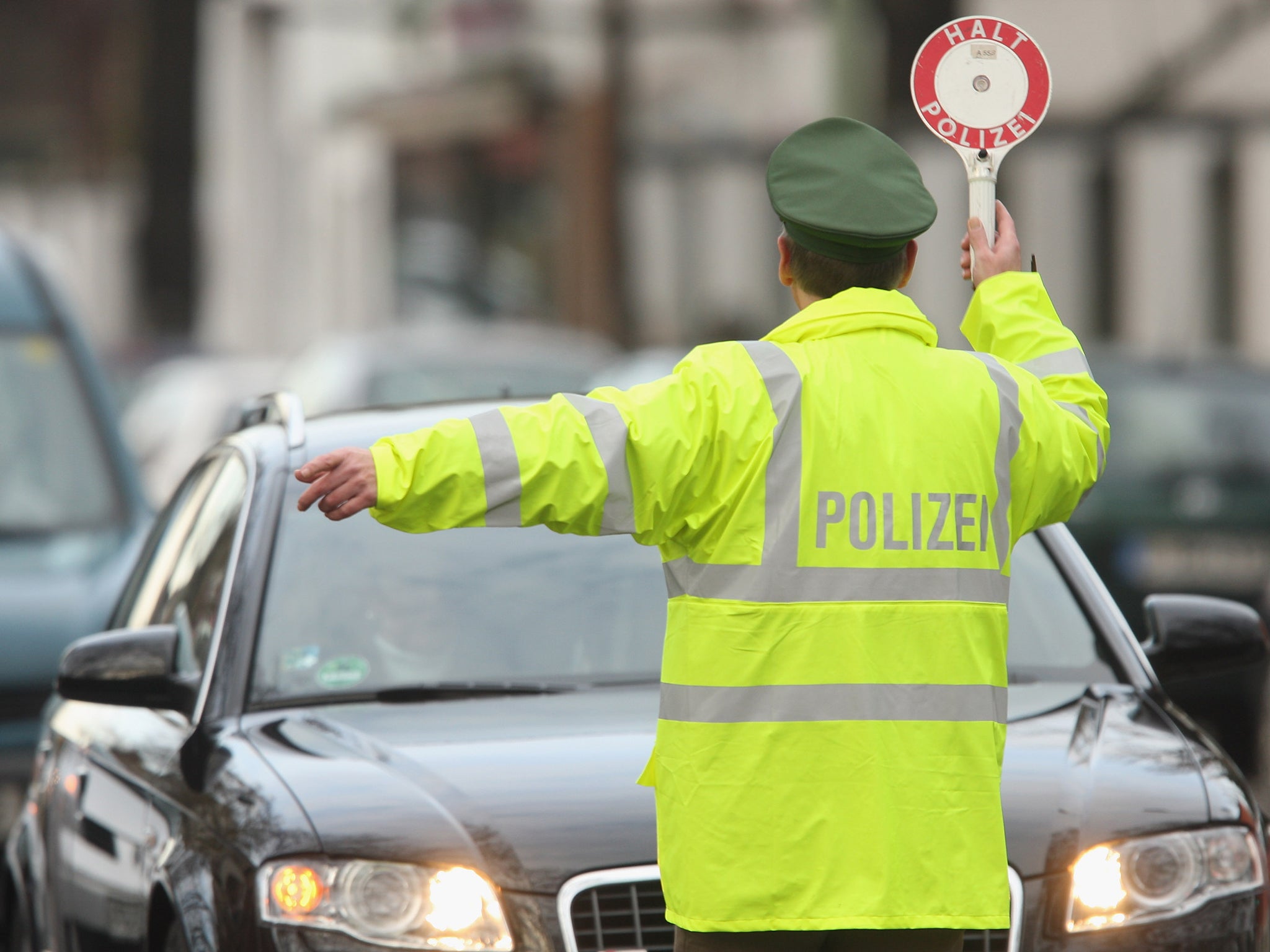Five little-known ways you can be fined while driving abroad
From turning your lights off during the day to unnecessary use of the horn

Your support helps us to tell the story
From reproductive rights to climate change to Big Tech, The Independent is on the ground when the story is developing. Whether it's investigating the financials of Elon Musk's pro-Trump PAC or producing our latest documentary, 'The A Word', which shines a light on the American women fighting for reproductive rights, we know how important it is to parse out the facts from the messaging.
At such a critical moment in US history, we need reporters on the ground. Your donation allows us to keep sending journalists to speak to both sides of the story.
The Independent is trusted by Americans across the entire political spectrum. And unlike many other quality news outlets, we choose not to lock Americans out of our reporting and analysis with paywalls. We believe quality journalism should be available to everyone, paid for by those who can afford it.
Your support makes all the difference.You could be facing a fine of up to 1,500 euro (£1,080) if you do not learn the rules of the road in the country you are visiting.
From turning your lights off during the day to unnecessary use of your car horn, these offences are not as obvious as you might think.
Aviva estimates a quarter of people heading off on a driving holiday are guilty of not first learning about the rules.
To help you potentially avoid a hefty fine, the insurer has put together the top five unexpected driving laws that could land you with a fine abroad.
• Turn off satnav speed camera alerts in France
Devices capable of detecting speed cameras and warning drivers of their locations are illegal. If you are caught with a working device the French police can confiscate your licence and impound your vehicle.
Aviva estimates you could also face of up 1,500 euro (£1,080).
• Take two pairs of glasses to drive in Spain
If you usually wear glasses or contact lenses to drive then make sure you have a spare pair with you in Spain.
As a tourist or holidaymaker you may be asked to pay the fine on the spot but, as Aviva notes, police are often lenient with tourists in relation to spare glasses and contact lenses.
If you happen to be pulled over by a less-forgiving policeman, fines may be reduced by 50% if you pay within 20 days.
• Keep your headlights on in Norway
It is compulsory in Norway to keep your headlights on 24 hours a day, 365 days a year.
According to Aviva, police have the power to issue on the spot fines they deem appropriate, which can be anything from 100 (£72) to 1000 euro (£720).
• Watch out for wildlife in Finland
Should you be unfortunate enough to have an accident involving a reindeer, elk or any other large animal it is illegal not to report it to the police.
Also, avoid using your horn when driving in Finland as it is illegal unless you are in danger. Aviva estimates you could face a fine of around 22 euro (£16) for doing so.
• Extreme speed limits on the German motorway
The autobahn in Germany has lengthy sections with a 130km-per-hour speed recommendation.
This is still just a recommendation but bear in mind that it is illegal to stop even if you run out of petrol on the motorway and could land you with a 70 euro (£50) fine and two points on your licence.
Press Association
Join our commenting forum
Join thought-provoking conversations, follow other Independent readers and see their replies
Comments